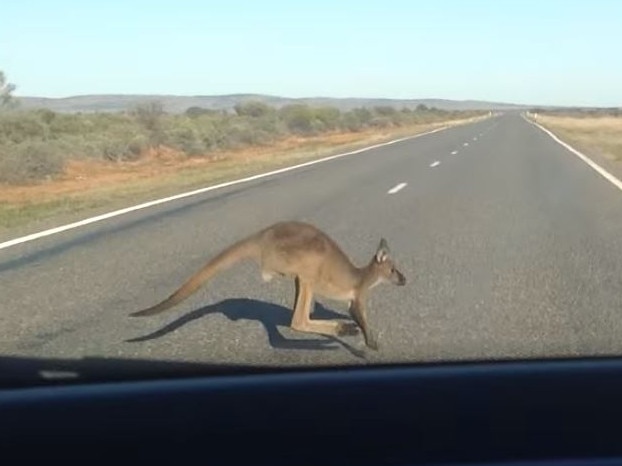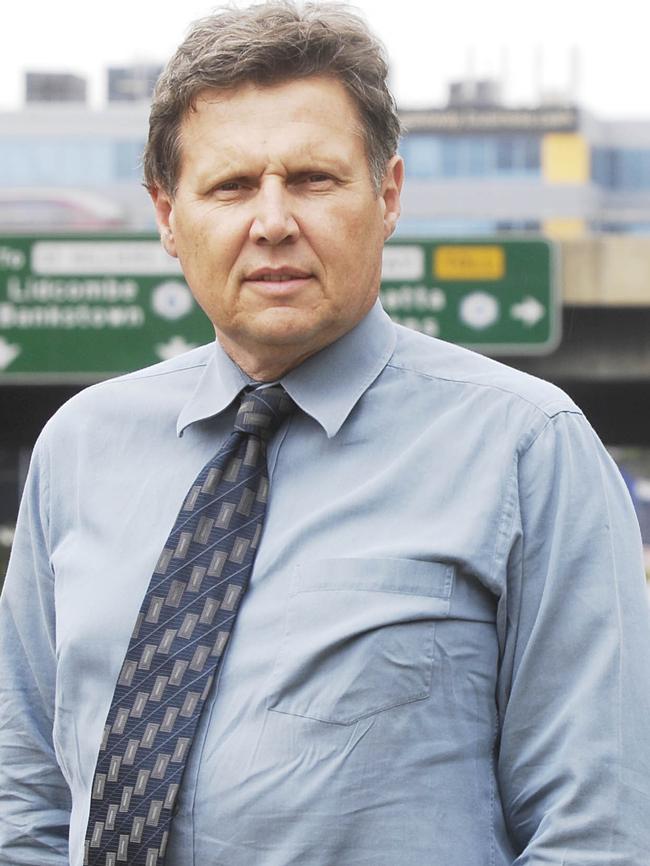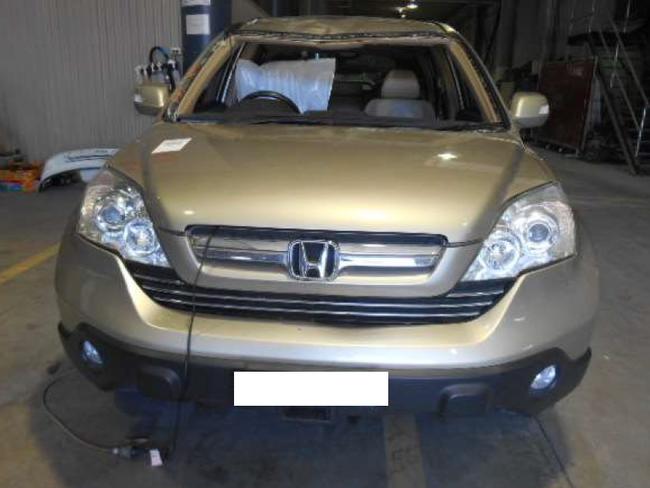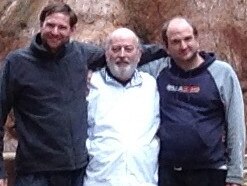Soaring roo numbers and drought lead to a big jump in accidents on our roads
DROUGHT and a jump in kangaroo numbers has led to a dramatic increase in car crashes — and experts are warning winter will turn into a killing season on our country roads.
NSW
Don't miss out on the headlines from NSW. Followed categories will be added to My News.
DROUGHT and a jump in kangaroo numbers has led to a dramatic increase in car crashes — and experts are warning winter will turn into a killing season on our country roads.
NSW has the highest number of animal collisions in the country and this number is already up by nine per cent on the previous year, even before the traditional winter increase.
According to the Office of Environment and Heritage, there are 17 million kangaroos in NSW, a record number that equates to two and half roos for every human.

New data from NRMA Insurance has found almost 10,000 of the 12,000 claims received for animal collisions in 2017 were due to collisions with kangaroos.
One motorcyclist died after hitting a kangaroo near Penrith on April 24. There are no figures for the number of kangaroos that were killed but few of the 10,000 or so struck would survive.
NRMA research director Robert McDonald told The Sunday Telegraph roads attract kangaroos during drought.
We had 700 claims in May already,” Mr McDonald said.
“They are around in big numbers and they are attracted to the roads where water collects in the table drains on the sides of the road.
“They do a lot of damage to cars, several thousand dollars and, as an animal lover, having to deal with a severely injured animal is really distressing.”
He said collisions always went up in the winter months because of issues with visibility and warned those heading down to the snowfields this season needed to drive carefully.

“In winter, animals are on the move looking for food at sunrise and sunset and, combined with cooler weather conditions and reduced visibility, the chances of hitting an animal are more likely,” he said.
“Colliding with a kangaroo is not only traumatic for both the animal and driver but often causes considerable damage to cars and can also result in serious injury.”
The route from Sydney to the Snowy Mountains contains a distressing amount of road kill.
“It’s quite tragic how many there are but we need to treat these wildlife areas as if it were snowing or foggy or raining and knock a bit of speed off from 100km/h to 80km/h,” he said.
Burradoo-based author Howard Dimond was on a road trip to Broken Hill with his sons Angus and Scott when they came across a roo on the Barrier Hwy.

Mr Dimond moved to the other side of the road to avoid the animal but it jumped straight into his windscreen.
“I’m 68, I’ve had some experience with this but it waited until the last second and jumped straight into us. It took out the windscreen and wrecked the top of the car. It was almost a write-off and cost $11,500 to fix. We couldn’t even find the kangaroo,” Mr Dimond said.

Sydney film editor Ron Molnar takes the annual trek with the family down to the snow and has had two kangaroo encounters on the Monaro Hwy just out of Canberra.
“I was following a 4WD doing 110 and I was about 50 metres behind him and a kangaroo came out of nowhere and hit him. The brake lights didn’t even come on it happened that fast. Another time I was driving along and heard a bang on the side of the car. We didn’t even know what it was but looked behind and saw a roo on the road that was then hit by a truck,” he said.
Top NSW animal collision hot spots include Dubbo, Mudgee and Goulburn.
Kangaroos top the list of animals most likely to be involved in a road accident, followed by dogs, wombats, cattle and cats.
